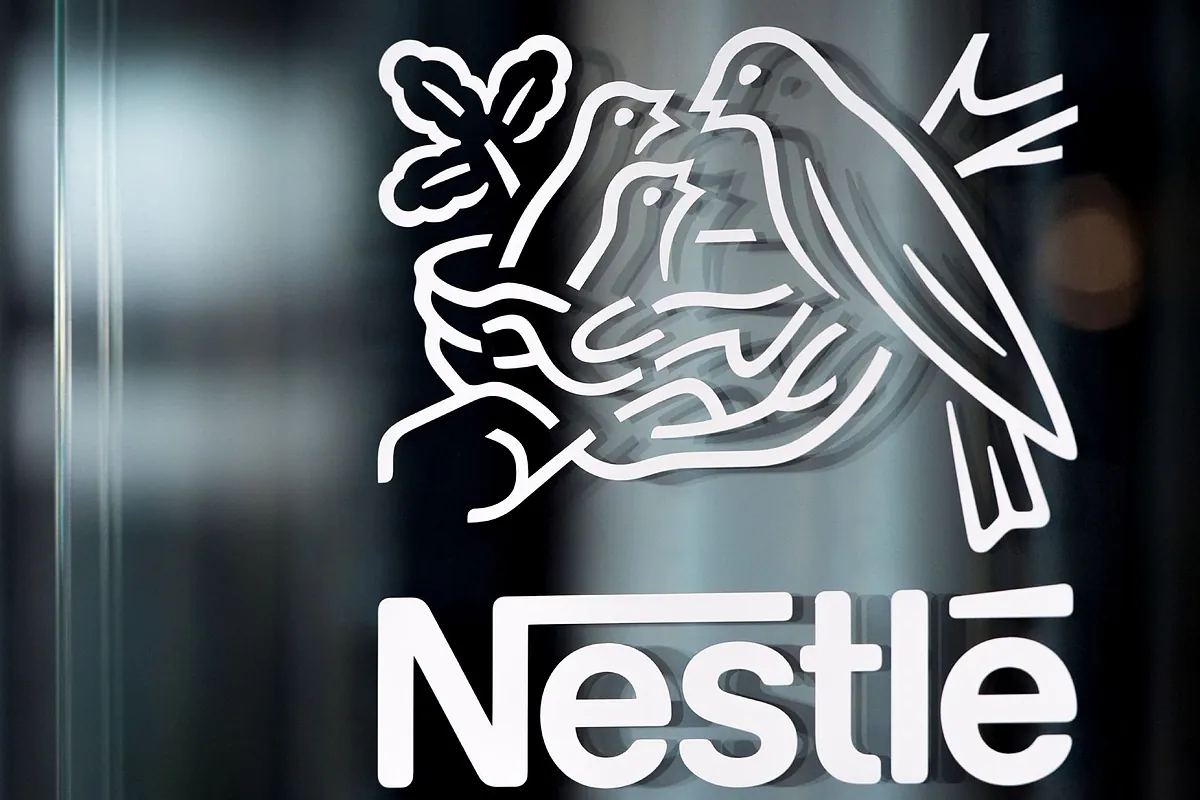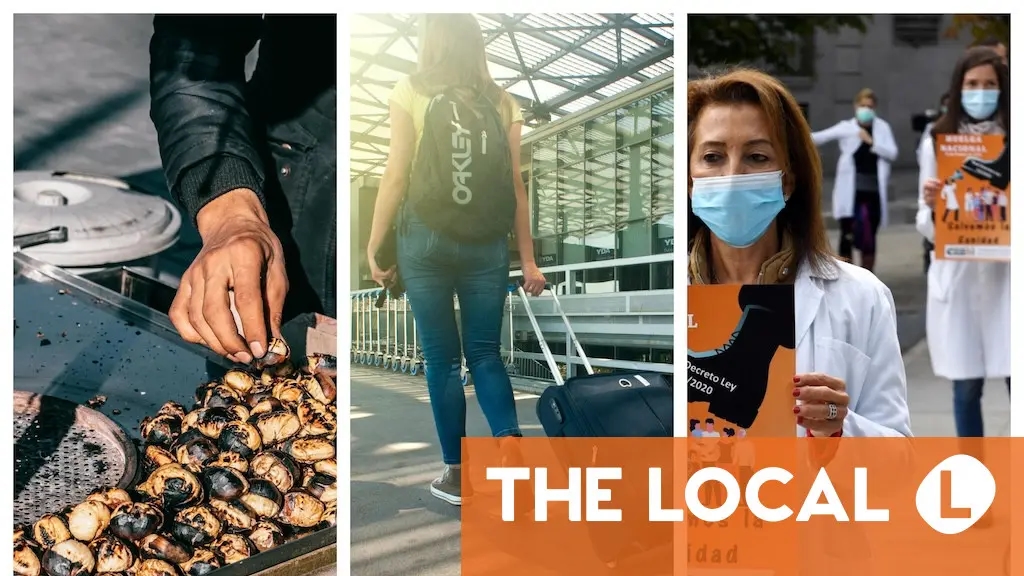Nestlé isn't alone: Unilever, Bimbo, and other recent layoffs in the food industry

Major food industries are heading for a future with fewer employees. This week, Nestlé, the world's largest agri-food company, announced it will lay off 16,000 workers worldwide over the next two years.
This is the latest in a series of announcements of staff cuts at companies in the sector, both globally and at leading companies in Spain. The need to adjust costs and strong competition from retail brands are some of the factors behind these layoffs.
In the case of Nestlé , the cuts represent 6% of the Swiss giant's workforce. The new CEO, Philipp Navratil, who has been in the position for barely a month , announced the cuts last week, coinciding with the presentation of a plan to boost sales, achieve greater cost savings, and focus on the company's best-performing divisions. This accelerates the cost-saving plan announced by his predecessor, which already involved a return to basics .
Nestlé, the maker of brands such as Kit Kat and Nescafé, announced that the cuts would include 12,000 of its 118,000 administrative positions and another 4,000 of its 158,000 manufacturing and supply chain jobs.
Nestlé has suffered two years of slowing sales growth as consumers, tired of rising prices, are cutting back and opting for cheaper private-label products, the company explained.
Unilever , another major player in the food industry, is now focused on laying off some of its executives . New CEO Fernando Fernández plans to replace a quarter of the group's 200 senior managers as part of an effort to eradicate what he describes as "pockets of mediocrity" within the consumer goods group.
The British conglomerate, which manufactures brands such as Hellman's and Knorr, is making this decision after Fernández's predecessor, Hein Schumacher, initiated a cost-cutting process last year that also includes job cuts—specifically, 7,500 jobs , mostly in offices—along with other decisions such as the spin-off of the ice cream division. The goal is to generate savings of €800 million over the medium term.
Processes in SpainThe multinationals' decisions also include Spanish subsidiaries. PepsiCo , whose sales volumes are declining globally , filed for layoffs in Spain in January. Initially planned for more than 200 people , the company closed with 177 jobs. In its battle against private label brands, the multinational is transforming its traditional distribution channel in Spain toward an "indirect distribution" model, that is, through third parties. This has affected the workforce it previously dedicated to this type of work.
The British company Associated British Foods ( ABF ), owner of Azucarera , filed for redundancy plans (ERE) in May for more than 250 workers at the Spanish company, which was ultimately reduced to 194. Azucarera was accumulating losses, and its parent company also came to the rescue with a €20 million injection .
Bimbo also agreed to a collective redundancy plan in the middle of this year, which affected its sales network and resulted in the dismissal of 302 workers , after reducing the number by 50 during negotiations.
The ERE in the commercial network follows the closure in 2024 of its El Verger (Alicante) plant, which employed around 100 people and was sold to the Graine Group; and the Valladolid plant, which employed nearly 200 people and was acquired by Martínez Marcos, in the same year.
Freixenet , the winery group owned by the German company Henkell, filed a collective redundancy plan at the end of April to lay off up to 180 people, or 24% of the workforce. The plan was approved in June , resulting in 154 layoffs. Freixenet justified the workforce cuts by claiming that the lower cava production has been compounded by an increase in raw material costs.
Last year, Freixenet implemented a temporary employment regulation program (ERTE) that was active until December 31, 2024.
More Food and Distribution TopicsThis week's newsletter also covers Coca-Cola 's operations to consolidate bottling plants, Heineken Spain's accounts, and the latest acquisition by the owner of Estrella Galicia .
Also, the president of Aecoc 's views on the labor market, and the CEO of Danone 's opinion on the situation of the food industry.
Also, the investments of Mercadona 's pre-cooked food supplier, the history of the La Española olive grower, and the rice growers' complaints about labeling.
These are just some of the topics included in EXPANSIÓN's Food and Distribution Newsletter, which you can receive in your email every Wednesday .
Expansion





